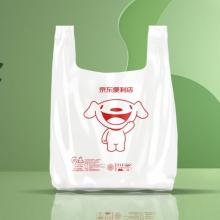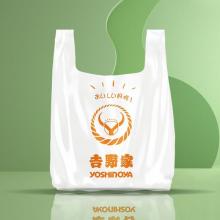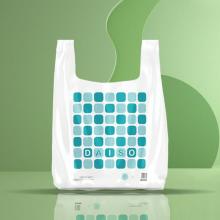‘Biodegradable Packaging Bags’ constitute a core product series developed by Bofeng New Materials for a greener future, representing an environmentally conscious innovation in traditional plastic flexible packaging. This product line utilizes bio-based materials (such as PLA and starch) and biodegradable materials (such as PBAT) as its core components. Through advanced blending modification and multi-layer composite technologies, it develops high-performance film packaging that can be completely decomposed by microorganisms into water, carbon dioxide, and biomass under specific environmental conditions (such as industrial composting and soil burial). We are committed to achieving complete environmental degradation of packaging while ensuring excellent practical properties such as transparency, mechanical strength, and seal integrity. This provides sustainable packaging solutions for industries including food, daily chemicals, logistics, and agriculture, supporting source reduction of plastics and aligning with global environmental trends.
The series encompasses three core technological directions:
- PLA/PBAT Degradable Bags: Utilizing mainstream biodegradable materials, these offer versatile solutions ranging from shopping bags to industrial liner bags, featuring stable performance and controlled degradation.
- Fully Biodegradable Parcel Bags: Specifically designed for logistics and e-commerce, these enable complete composting of packaging waste while meeting transport protection requirements, supporting green supply chain development.
- Compostable Household Waste Bags: Addressing domestic waste collection and processing needs, particularly for kitchen waste, these specialized bags can enter industrial composting facilities alongside organic waste, enabling simultaneous resource recovery of both bag and contents.



